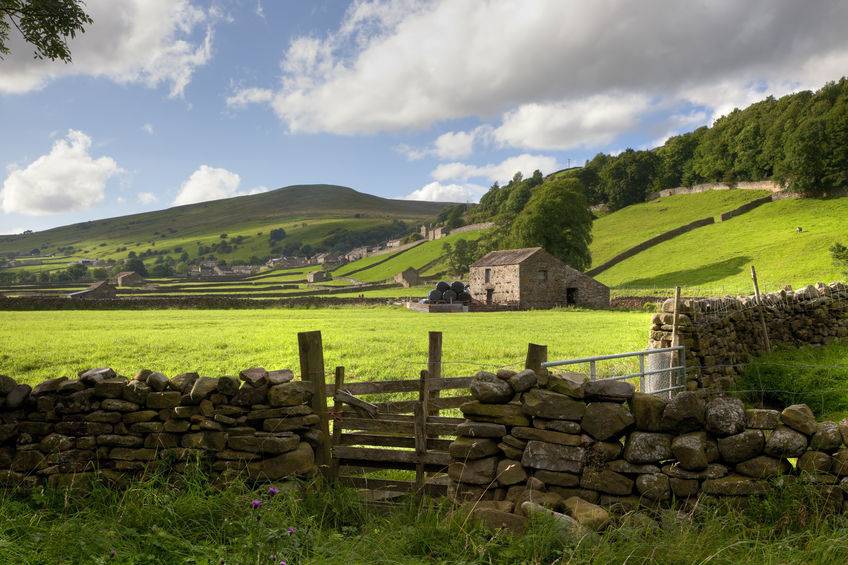
The government should create "rural devolution deals" to empower communities, according to a leading think-tank.
IPPR North has called the government to replace the EU's Common Agricultural Policy (CAP) with devolution deals for the countryside.
The thinktank says this will give rural areas the ability to invest not just in farming but also in economic drivers such as better connectivity and skills.
It recommends devolution deals in which central government sets ‘minimum obligations’ which local areas with a substantial rural component must meet.
It states that action is needed, as figures show income from the farming industry fell 29 per cent between 2014 and 2015.
Around 17% of the UK population live in rural areas, and between 2007 and 2013, €29.9 billion was invested in British farming and rural areas under the CAP.
But IPPR North said rural areas now face major challenges ahead of EU withdrawal, including poor broadband coverage, a skills drainage as young people move to the cities and government "silo-thinking".
'Time is of the essence'
Speaking ahead of a Parliamentary roundtable on post-Brexit rural policy, author of the report 'Forgotten Opportunities' Anna Round said that “time is of the essence” and that rural areas “need the clarity and tools to overcome challenges and outdate assumption about our rural areas”.
The Parliamentary roundtable will be addressed by Member of the Environment, Food and Rural Affairs Committee, Sandy Martin MP, and will be held at Portcullis House on Thursday (7 December).
Report author and Senior Research Fellow at IPPR North Anna Round, said: “For decades, rural policy in the UK has been determined by a combination of CAP and tradition. If Government are serious about rural communities, Brexit offers them the opportunity to allow them to determine their own future.
“We are calling on Government to allow key CAP funding and powers to ‘leapfrog’ from the EU to devolved areas post Brexit- within the national industrial strategy framework, to boost the economy and protect the environment.
“Time is of the essence. The UK will leave the EU in 2019, and our rural economies need the clarity and the tools to overcome challenges and plan for the future.”
